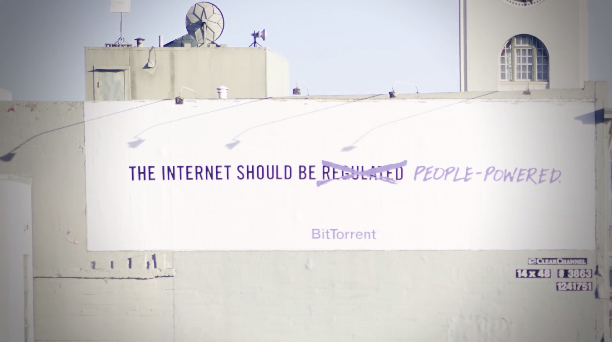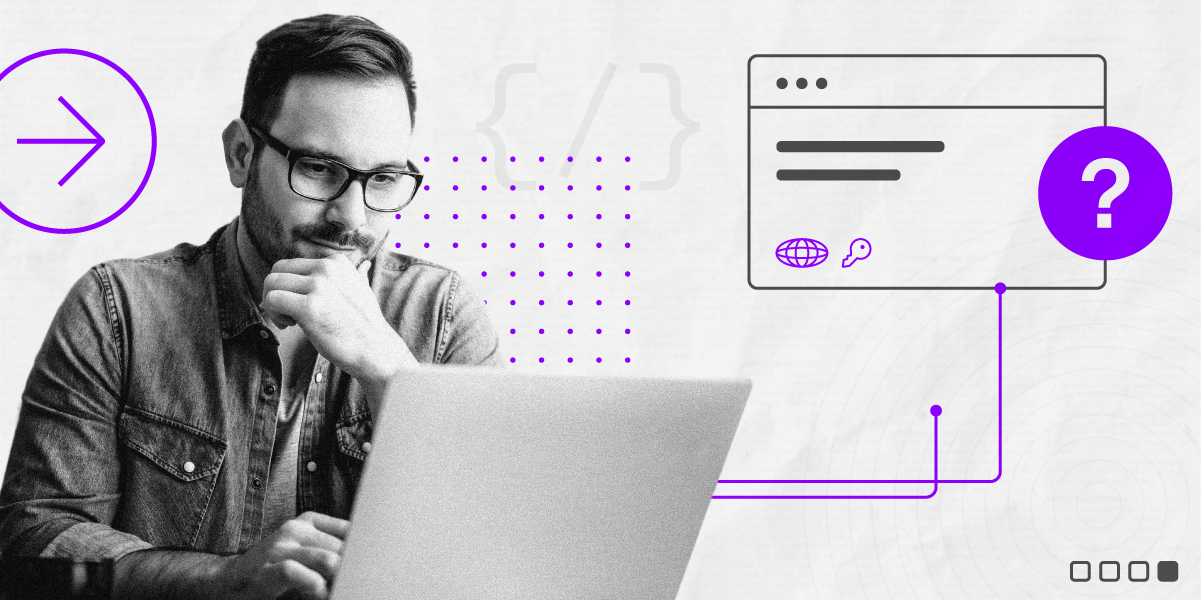Twenty years of open access has allowed us to build the Internet into a powerful economic engine; a platform for the free exchange of information and ideas. Striking down protection of that open access is a major threat to innovation, free speech, and the Internet as we know it. A closed Internet is unproven. There is merit in being concerned.
Because no matter how the DC Court of Appeals had ruled on Net Neutrality, the Internet is heading down the path of closure. It’s increasingly becoming a place where the precious few decide on our collective online future. Either way the case had gone, the outcome remains the same. Only those with pockets deep enough to fund government affairs, lobbyists, or submit the payola demanded by corporate gatekeepers will thrive. Tech has become a world of winner take all. Today’s decision only reinforces the trend.
That said, for the ISPs, it’s a momentous decision. This ruling will consolidate their powerful role as arbiters of culture and speech. And we can expect this consolidation to escalate now that Big Content and Big Networks have been given an unambiguous green light. For everyone else, permission to play — the ability to even compete — will come at a cost.
What is the impact on consumers? The vast majority of users on the Internet will succumb to the siren song of “free data” and “sponsored data”; never quite realizing the old adage about free lunch. Millions will never care or know to care about the free and open Internet that once was, and could have been. The impact may be subtle: favored applications that work better as competitors are relegated to the slow lane. Or, it may be more pronounced, with punitive traffic throttling or blocking for competitors.
But to paraphrase Larry Lessig, code is law. Technology perhaps has a role to play yet. The Internet has seen challenges before, and many smart innovators hold its future dear to heart. There can be a way to counter the inevitable market distortions that are set to come about. Our implementation of uTP for network congestion control has proven that. And we may yet deliver on the original promise of the Internet as an open, social and democratic medium for all and not just the chosen few.
For technologists, this is a call for innovation. We need a new series of protocols that — regulated or not — cannot be manipulated by carriers or other forces. This is a call for a true, open internet.



